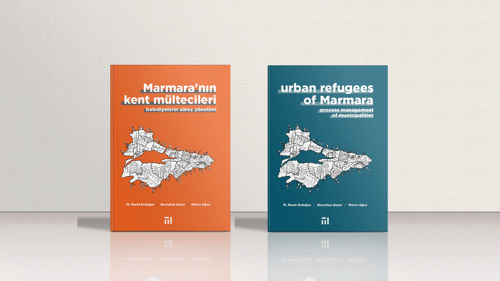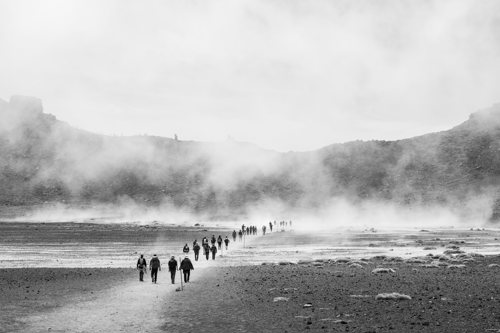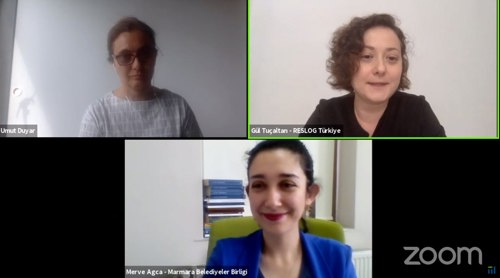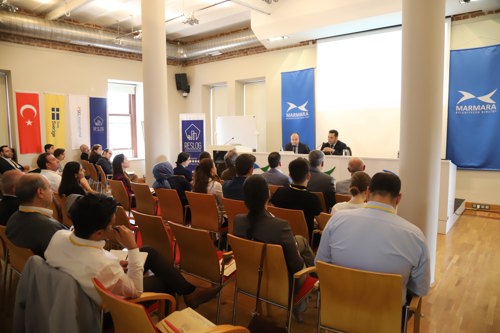Migration and Social Cohesion
The distance of migration which is generally defined as “human mobility”, its motivation factor, whether it exceeds the limits, its duration, and most importantly, whether it is voluntary or compulsory all have various differences and effects. Voluntary migrations in the world often have positive associations and are sometimes encouraged. On the other hand, forced migration is primarily perceived as a threat and can lead to traumas. Our country has intensely experienced almost all kinds of immigration movements from past to present. Since 2014, Turkey is the country that hosts the highest number of refugees in the world, with over 4 million people as of 2018; and in this sense, we are ranked among the top countries of the world with an average of 2.5 million people a year in terms of internal human mobility.
Strengthening local governments, which now serve refugees who have become urban refugees almost everywhere in the world, in local adaptation processes is among the goals pointed out in the global agenda. It is important to establish social, economic, administrative and legal structures and policies that will allow refugees to stand on their own feet at the local level rather than just providing social aids in order to create a multi-faceted, sustainable and social cohesion environment that is inclusive of all social segments. Cities and local governments play important roles in areas such as education, employment, learning the language of the host country which are the cornerstones of social cohesion in order to strengthen the sense of belonging of migrants and refugees to the city.
Social adaptation is one of the most important tools on the way to creating societies consisting of happier and more successful individuals, to social peace and trust, and to economic development. Local administrations have important duties to provide a multicultural and inclusive social cohesion environment that supports diversity in cities. Marmara Municipalities Union also executes various activities to raise awareness about migration and social cohesion for the local governments in Marmara Region, to lay the groundwork for information and experience sharing, to spread good practices and to create cooperation networks. Migration Policy Center, established in 2015 within MMU for this purpose works to transform migration into a common benefit for migrant and host communities in terms of universal human rights. Various activities are carried out to reinforce the institutional capacities of the municipalities on issues overlapping with the service area of municipalities such as migration, asylum, integration, adaptation to city, and access to rights and services. Contribution is made to the development of local policies in line with national and international legislation in accordance with local, national and global developments.

Report On Urban Refugees Of Marmara Published
07.04.2022 Read More >
9th Local Governance And Migration Meeting Held
21.09.2020 Read More >
Urban Health And Security Addressed At The 8th Migration Meeting
20.08.2020 Read More >
